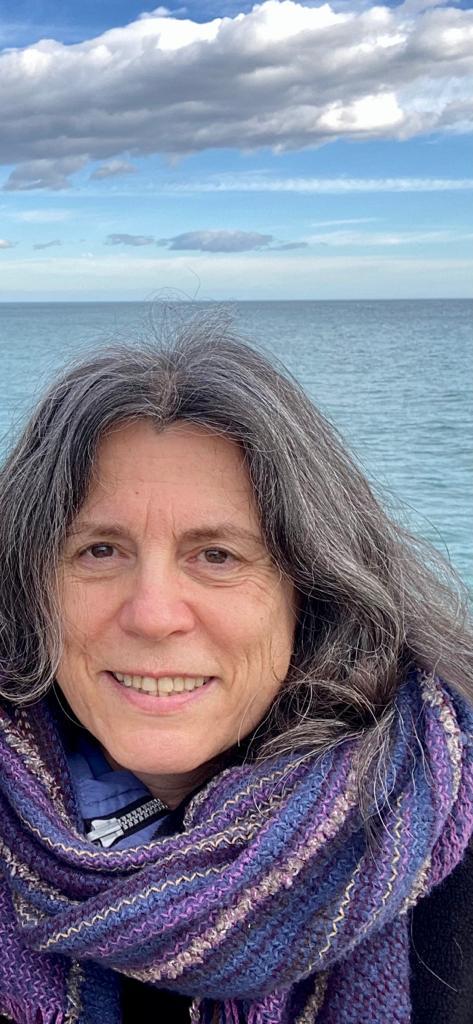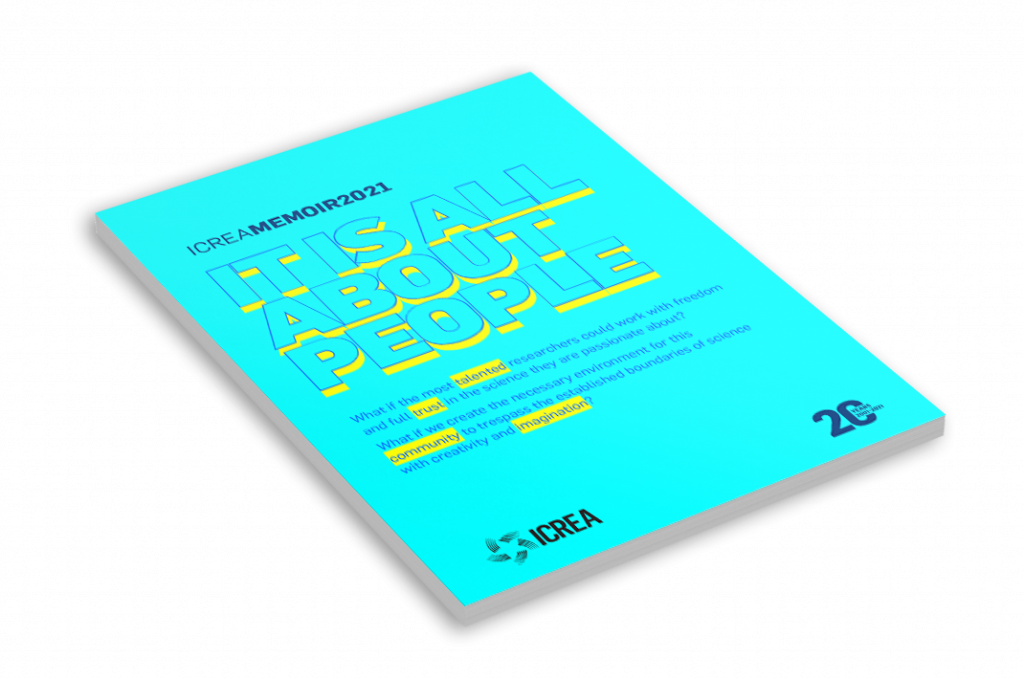Diana Marre is Social Anthropology PhD, Associate Professor and Director of the AFIN Research Group and Outreach Centre at the Autonomous University of Barcelona and Visiting Professor at the University of the West of England. Her research focuses on how fertility decline and developments in reproductive medicine contribute to new domestic and global reproductive politics and governance, practices and subjectivities, for people seeking to have a child and also for the child. 2021 contributions: Motherhood in Spain: From the “Baby Boom” to “Structural Infertility”. Medical Anthropology doi.org/10.1080/01459740.2021.1961246, with B Alvarez, 2021; Adoption and fostering. In Han S & Tomori C,The Routledge Handbook of Anthropology and Reproduction. Routledge, 618-630, with J Leinaweaver; Irregular adoptions and infrastructures of memory in Spain: remnant practices from the Franco regime. Childhood 28(4):570-584 with H Gaggiotti.
Research interests
Over the last years, many regions in the world have experienced dramatic demographic changes, involving decreasing fertility rates and increasing use of reproductive technologies. Barcelona, one of the world’s health hubs, offers a dramatic case study with implications for the public understanding of reproductive politics, governance, and practices, the self and the family. Ongoing research projects: Reproductive governance and mobilities in Europe, North Africa and Latin America, MICINN/EU PID2020112692RB-C21, 223.850€ 2021-25; Austerity and Altered Life-Courses: Socio-Political Ruptures to Family, Employment and Housing Biographies Across Europe, UKRI United Kingdom MR/T043261/1, 1.500.000 pounds, 2021-25; Wp 11 Patient experience and ethics in Artificial Placenta, an interdisciplinary program for the development of an experimental prototype, evaluation of the impact on fetal programming, development and clinical application Project, Fundació La Caixa.
Keywords
reproductive health, motherhood, Spain, childhood, origins, reproductive governance & mobilities


